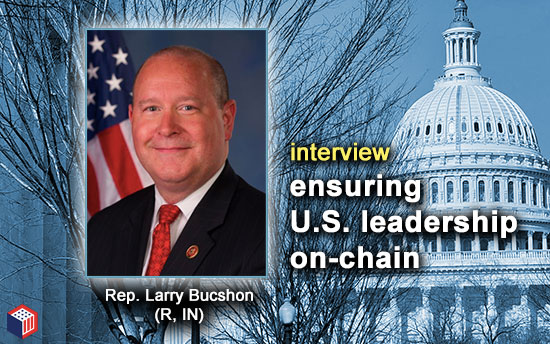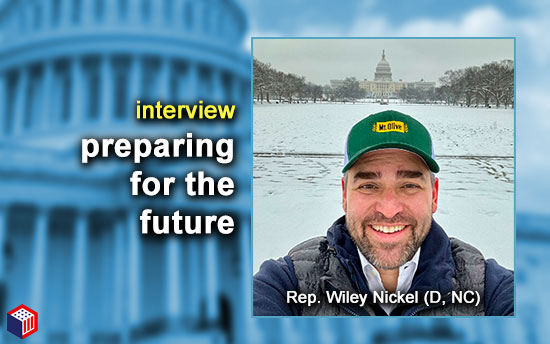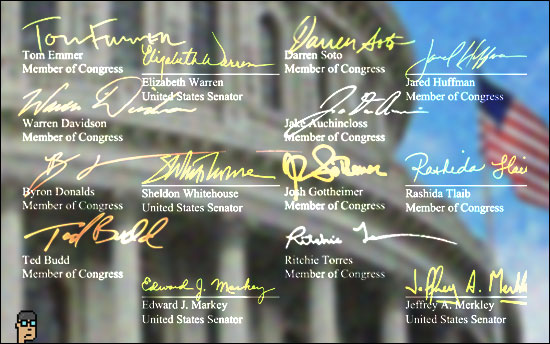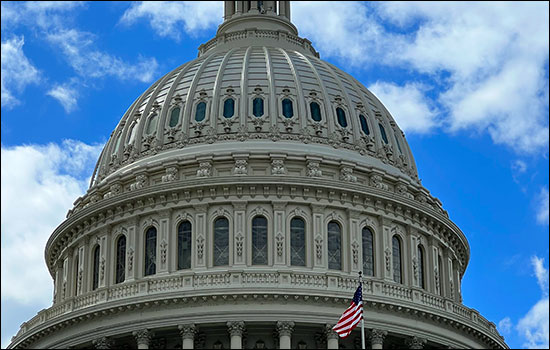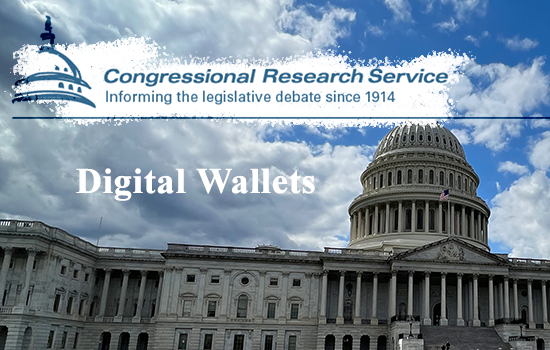When the 118th Congress started last year, blockchain-related legislation was focused on digital assets and financial industry applications – i.e. crypto. Yet, slowly but surely, legislation related to the blockchain emerged on the House Energy and Commerce (E&C) Committee with special focus on how the technology can provide unique opportunity to American business and its supply chains.
Among those leading the E&C charge has been Rep. Larry Bucshon (R, IN), who recently announced his retirement after 14 years in Congress.
Congressman Bucshon introduced a supply chain resiliency bill at a September Energy & Commerce hearing which would establish the “National Blockchain Promotion and Deployment Program” at the Department of Commerce.
Post-hearing, two bipartisan bills came about with co-sponsor Rep. Lisa Blunt Rochester (D, DE):
-
- “Deploying American Blockchains Act [H.R. 6572]” – “To direct the Secretary of Commerce to take actions necessary and appropriate to promote the competitiveness of the United States related to the deployment, use, application, and competitiveness of blockchain technology or other distributed ledger technology, and for other purposes.”
- “Promoting Resilient Supply Chains Act [H.R. 6571]” – “To establish a critical supply chain resiliency and crisis response program in the Department of Commerce, and to secure American leadership in deploying emerging technologies, and for other purposes.”
The bills passed unanimously passed during a December E&C markup which sent them to the House floor for a still-pending vote.
Rep. Bucshon spoke with blockchain tipsheet today at the Capitol to discuss his views on blockchain technology, legislation and Congress.
Topics included:
-
- Congress today
- E&C technology policy
- Two blockchain bills
- House floor vote possibilities
- Bipartisanship and divided government
- Educating Members
- Importance of Congressional staff
- The role of Industry
- Senate and making law
The interview has been lightly edited for clarity. Continue reading “Rep. Larry Bucshon On Congress And Ensuring U.S. Leadership On-Chain”

